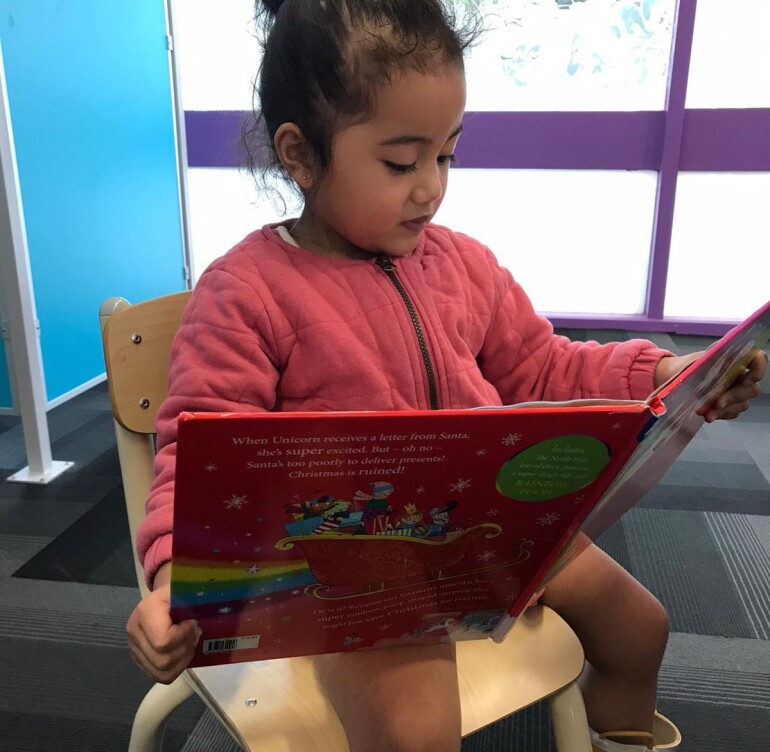News And Events

Alliteration
26 October 2023This month, our Educators/Nannies are receiving a board game to promote alliteration. The aim of this alliteration activity is to focus on hearing initial sounds. Educators/Nannies will help tamariki say the words across each line, placing emphasis onthe initial sound, and then help them place a counter on the word that doesn’t sound the same.
We can extend this activity by asking questions about alliteration such as:
What did you hear?
What was the sound that started those words?
What other words start the same way?
Here’s some other alliteration activities you can do for the different age groups of preschool tamariki:
Infants
Read books that feature alliteration, sing songs and nursery rhymes with alliterative lines or phrases, eg “Sing a Song of Sixpence”.
Toddlers
Use alliterative praise such as ‘lovely listening’, ‘wonderful work’, ‘excellent eating’ etc. Sing songs and nursery rhymes. Emphasise initial sounds of words when playing around with alliteration, eg ‘Sssummer Sssunshine’.
Young children:
Play “I spy with my little eye”, something that starts with the same sound as b-b-banana; encourage children to think of the alliterative adjective to match their names – for example, ‘Terrific Tyler’, ‘Leaping Lily’. It doesn’t matter if the letters are different as long as the sounds match, eg ‘Jumping Georgia’, rather than ‘Giggling Georgia’.
Information from ‘Developing Phonological Awareness’ written by Yolanda Soryl
The learning outcomes from Te Whāriki for phonological awareness include:
- Recognising and appreciating their own ability to learn | te rangatiratanga
- Understanding oral language and using it for a range of purposes | he kōrero ā-waha
- Enjoying hearing stories and retelling and creating them | he kōrero paki
- Recognising print symbols and concepts and using them with enjoyment, meaning and purpose | he kōrero tuhituhi


